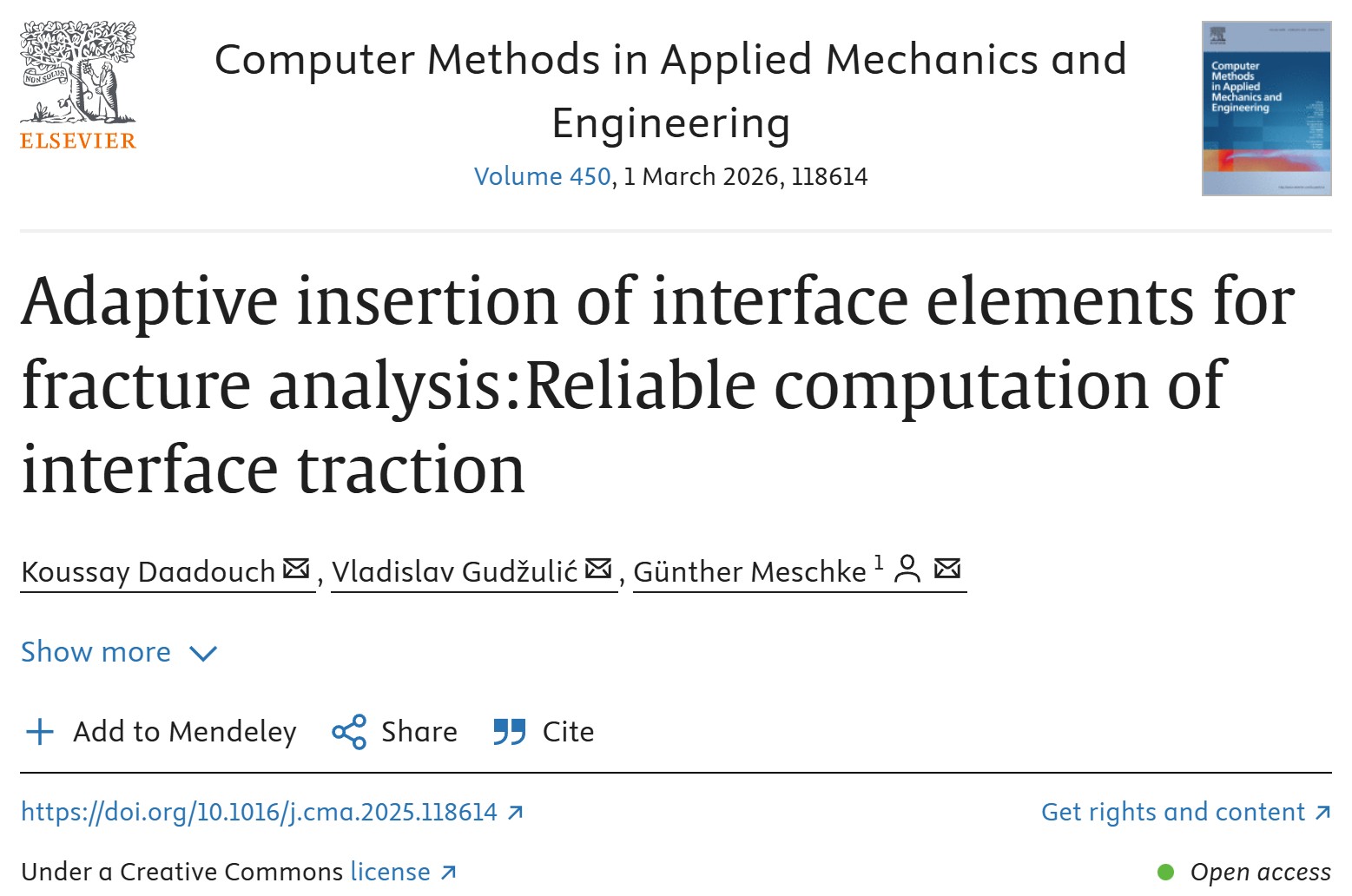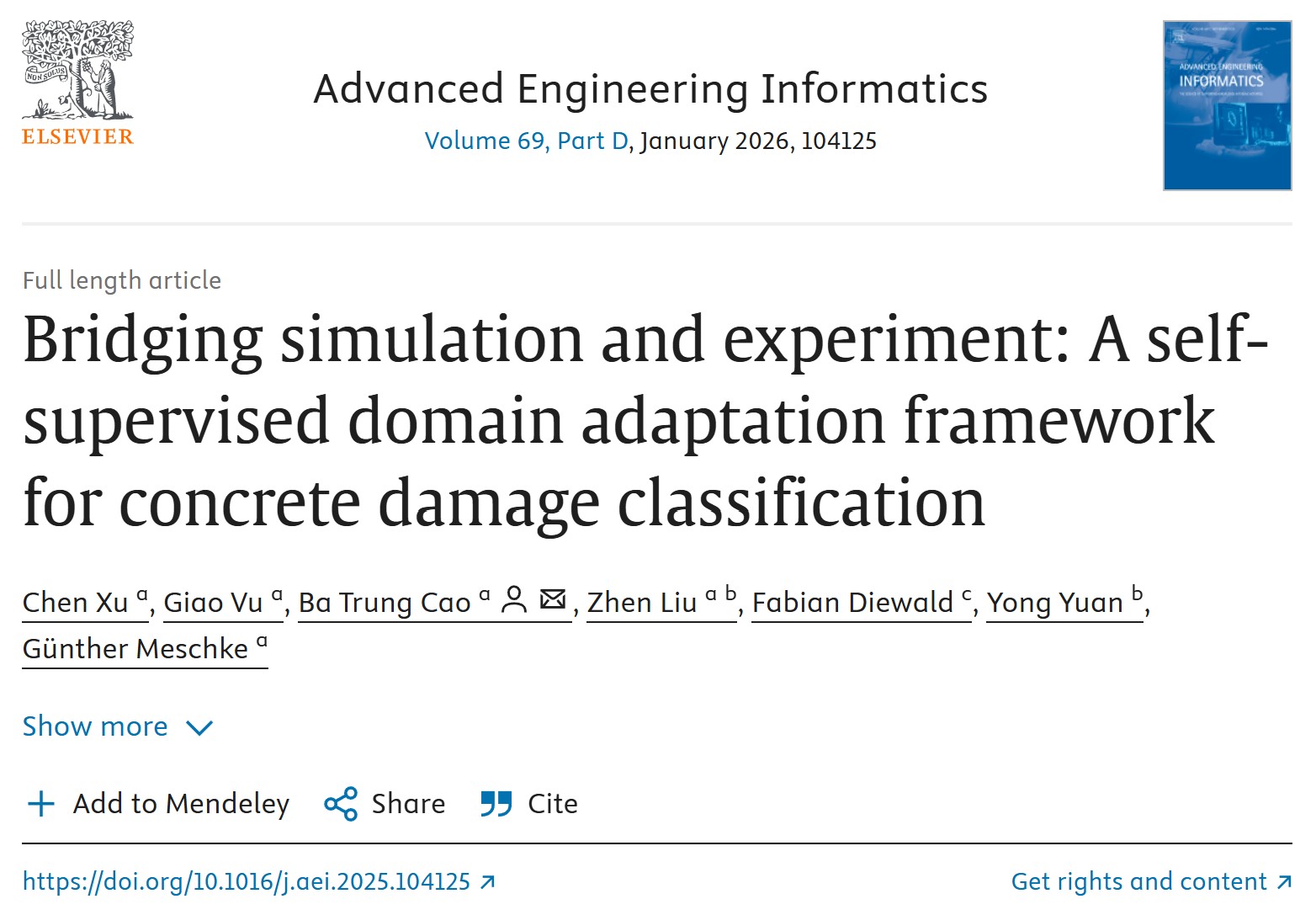
21.10.2014
The utilisation of mathematical models to gain a deeper understanding of complex (technical) systems is common practice in various research fields. In addition to the proper choice of a suitable model structure the parameter identification step is crucial in modelling. The determination of unknown model parameters by minimising the difference between simulation results and measurement data may result in imprecise parameter estimates, θ. A proper quantification of these parameter uncertainties, however, is a challenging issue but a prerequisite for Optimal Experimental Design (OED). OED aims to provide credible parameter estimates by evaluating additional experimental runs, which are designed in an optimal way.
In this lecture the essential step of uncertainty quantification and propagation is addressed. It is shown how the so-called Point Estimate Method (PEM) provides a reasonable compromise of accuracy and computational load. Hence, after a short recall of the uncertainty quantification basics the merits of PEM are demonstrated by illustrative examples. Additionally, the direct link between parameter sensitivities and OED is presented. Here, too, the determination of global parameter sensitivities benefits from the efficiency of PEM. Some comments to the software tools used for implementation complete the presentation.
SFB_837_Gastvortrag_Schenkendorf2.pdf

"Adaptive insertion of interface elements for fracture analysis: Reliable computation of interface t
more...
Chen Xu, Giao Vu, Ba Trung Cao, Zhen Liu, Fabian Diewald, Yong Yuan, and Günther Meschke are the au
more...